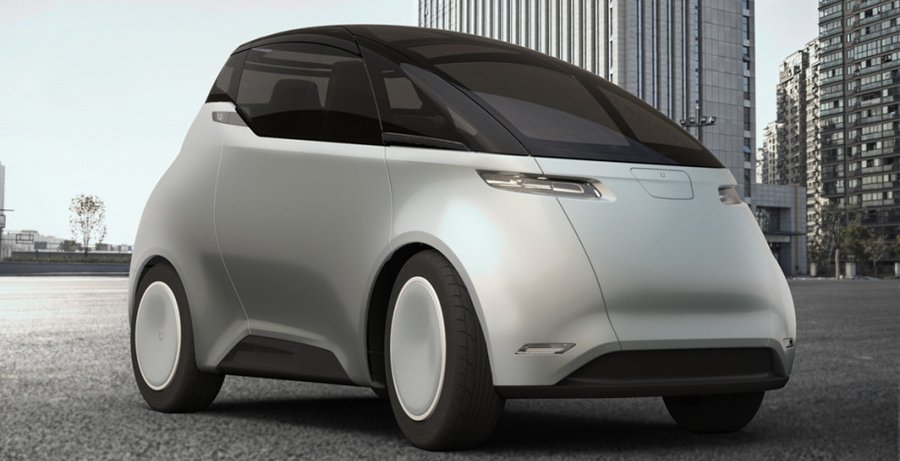Swedish startup Uniti sets debut date for crowdfunded urban EV

Swedish startup Uniti says it's selected the manufacturing location for its all-new lightweight electric vehicle along with a planned Dec. 9 worldwide launch before investors, buyers, supporters and business partners, including Siemens and Kuka Robotics.
Uniti says it has begun transitioning its operations to the new site in Landskrona, a small city in southern Sweden that is across the Oresund from Copenhagen. There, it will expand its evaluation prototyping process and production planning in parallel, while making renovations to the light industrial building. The company says the new site provides it with access to well-established shipping and logistics infrastructure, high-speed Internet and clean energy.
Uniti's funky flagship is a two- or four-seater made of composite biomaterials and carbon fiber, developed with the use of virtual reality and built on what the company says is a new kind of platform. The car weighs just 992 pounds and has a range of 300 kilometers (186 miles) from a 11- or 20-kWh lithium-ion battery and 15-kilowatt hub motors. It comes equipped with electronic steering, full-screen display, autonomous driving features and a small auxiliary battery that Uniti says is easily swapped with the main battery and can provide enough power for trips of up to 30 km, or about 18 miles. It's envisioned as an urban car for millennials (apparently they're the hot market demographic in Europe, too) or as a daily commuter vehicle for families.
Uniti finished its FundedByMe campaign last year with more than 1.23 million euros ($1.4 million) from 570 investors in 45 countries. It launched a new equity crowdfunding campaign on its website in September
The company says it now has 915 pre-orders for the EV, whose target price is around 20,000 euros ($23,000). First deliveries are expected in early 2019.
Related News
